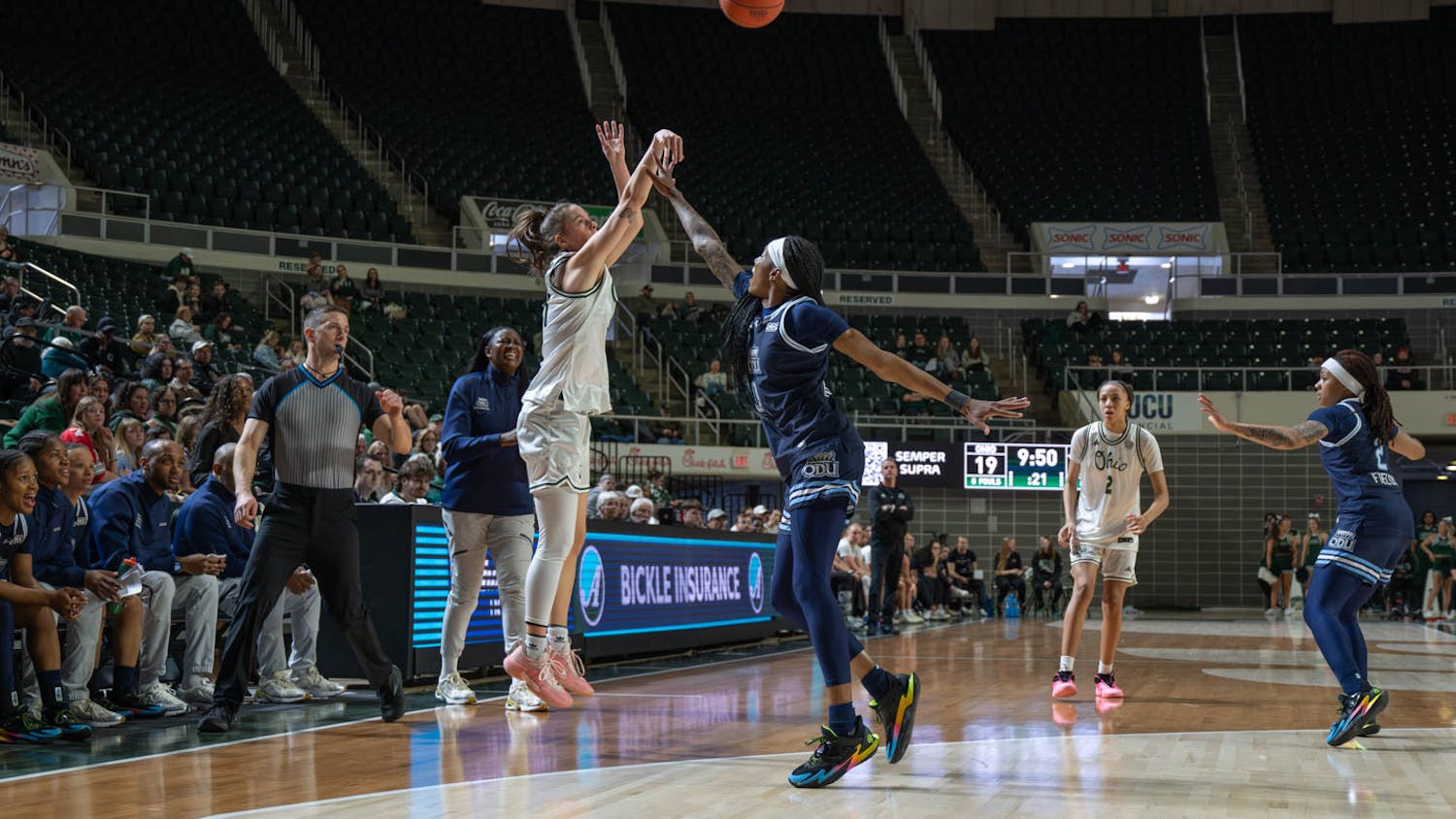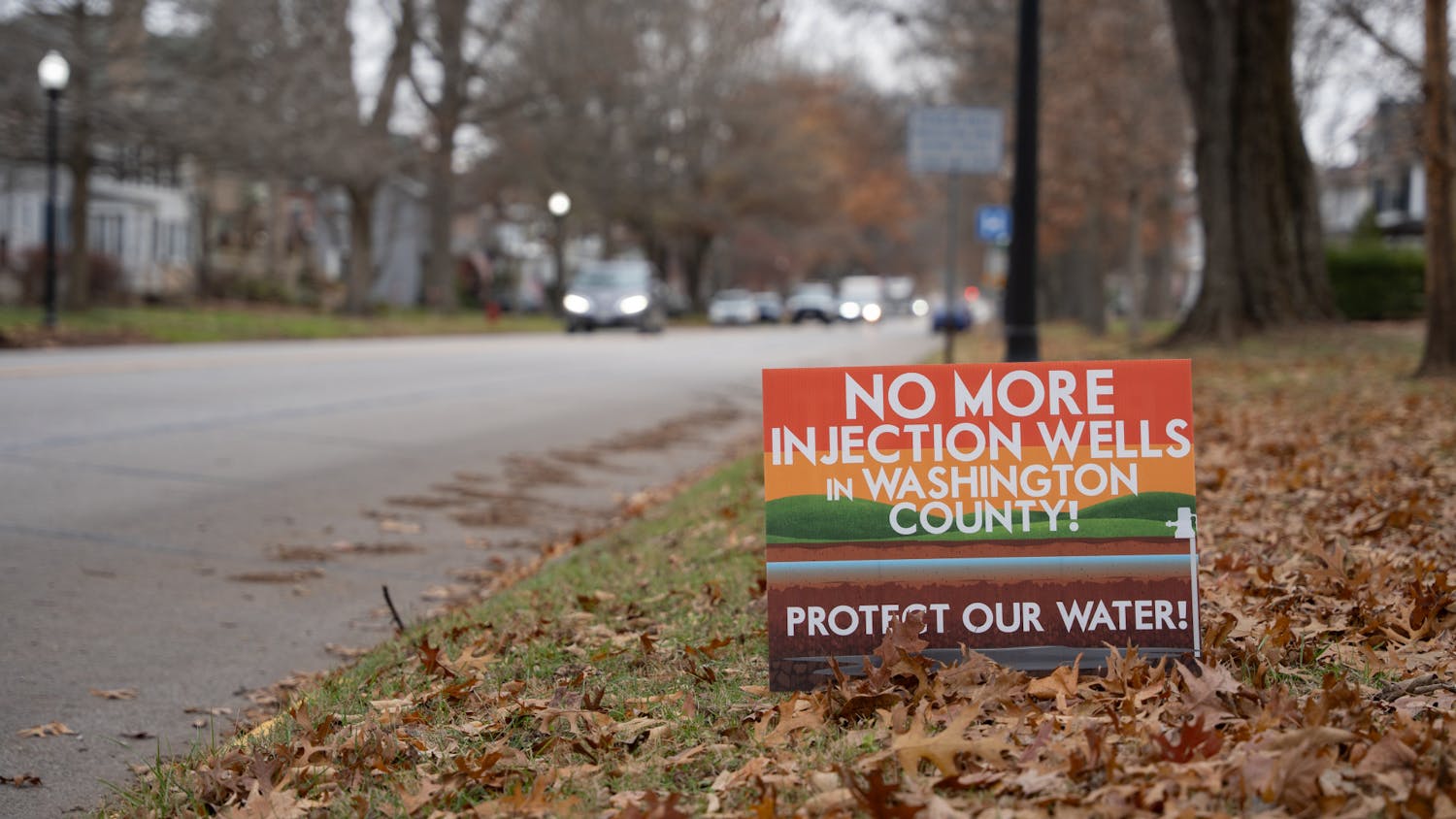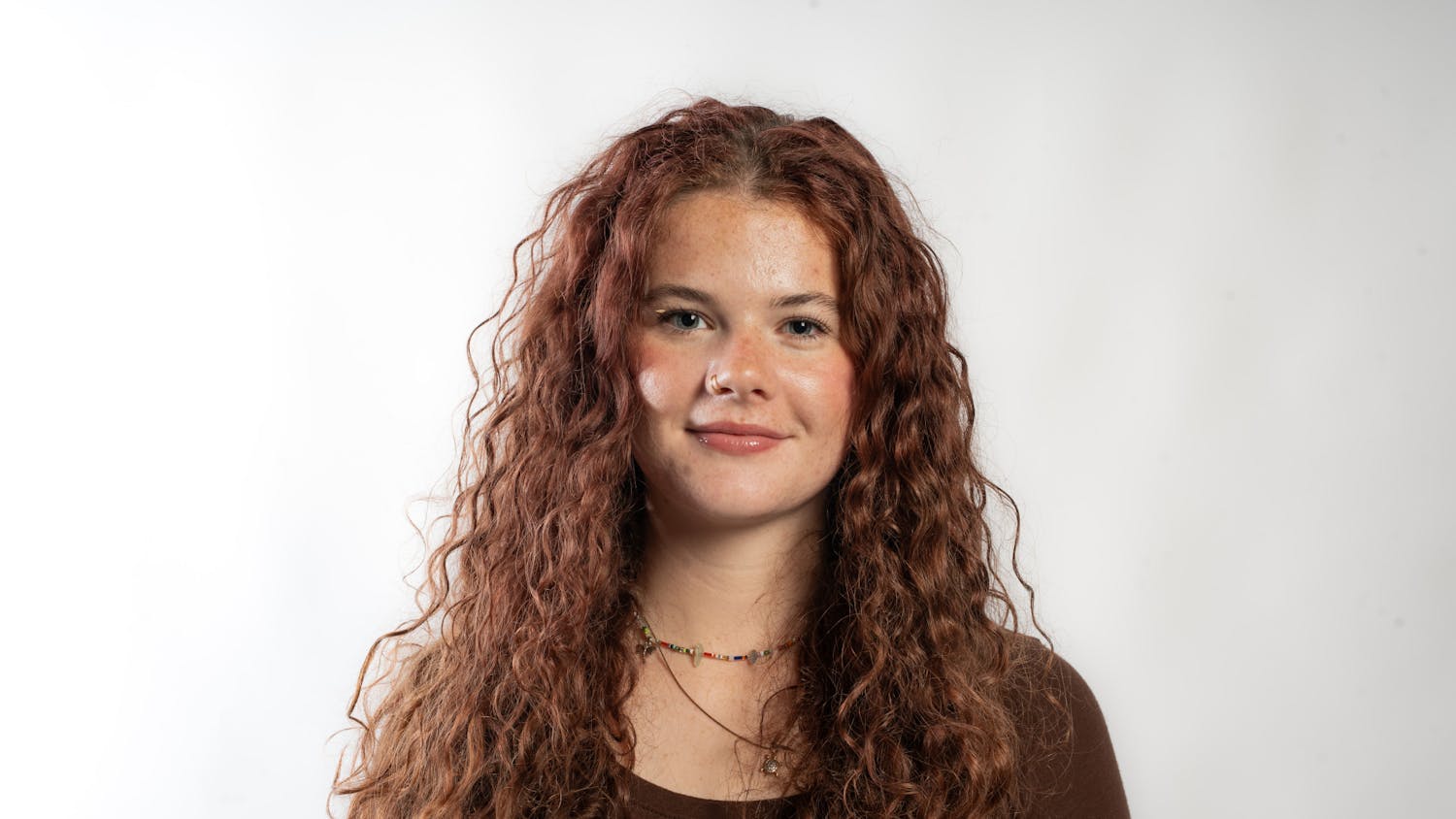Clarification appended.
Horoscopes exist everywhere, and many people treat them as a guideline for how to live their lives. However, there isn’t a great deal of proof behind the concept of horoscopes.
Though scientists and other horoscope authors use specific calculations and other tools to create what they believe to be the most accurate horoscope, it’s not an exact science, and isn’t always accurate for each sign.
Yoichi Ishida, assistant professor of philosophy, doesn’t believe in horoscopes, and thinks there are better sciences for people to look into when trying to predict human behavior.
“Some individuals may be able to find some meaning in those horoscopes, in the same way that we might find meaning in what a dog is barking,” Ishida said. “The dog isn’t talking to you, but we might find it meaningful and we personify it.”
Horoscopes stem from the science of astronomy, a science with great prominence during medieval times that studies human behavior. Astronomy, which Ishida believes is the equivalent to astrology, is meant to make predictions about human behavior, and at the time, was considered good science. Over time, other sciences have taken its place in terms of behavioral predictions, and astronomy has become less and less accurate in comparison.
Ishida believes that astronomy has evolved from a science into mostly just generalized predictions rather than true scientific work.
“Historically, something is seen as a science if it’s making some efforts to solve problems,” Ishida said. “You don’t have to come up with a solution immediately, as long as there is a consistent effort to attack that problem. That seems to be no longer the case among professional astrologers, it seems they’re doing something other than science.”
Ishida knows horoscopes are bound to be correct sometimes. Millions of people fall under each star sign, so the vague predictions will ring true for some people, whereas for others they won’t be as accurate. Even if the horoscopes are correct, Ishida believes that’s just a statistical fluke.
Horoscopes are a popular trend among young people, mostly in the millennial and Gen Z categories. Though people read them, they’re just as skeptical about the accuracy of the predictions as Ishida is.
Erin Cuppett, a junior studying Spanish, doesn’t trust horoscopes with total accuracy.
“I don’t think they’re completely false, but I don’t think they’re at all a future or truth telling thing,” Cuppett said. “I believe they’re vague enough that if people look into them heavily that they’re not harmful, but I definitely don’t think they’re true.”
Kaylyn Schaffranek, a junior studying psychology and sociology-criminology, loves reading her horoscope, but knows they’re vague enough to not be taken as fact.
“I love reading my horoscope because it gives me hope that something good is going to happen,” Schaffranek said. “I know they use so many bold words that are general and can be interpreted a certain way, but it’s like reading a motivational quote every day and it makes me happy.”
Ishida, as well as Cuppett and Schaffranek, believe that more than any other purpose, horoscopes are meant to act as a comfort to people who feel out of control with their lives. It’s a way to predict what’s going to happen and ease any worries about the future or various life situations.
“Astrology tried to explain human behaviors or make predictions about your lives, and many of those are still our concerns, but we have other sciences to do so,” Ishida said.
Though horoscopes aren’t harmful, they aren’t the most helpful. Ishida believes instead of wasting time looking at horoscopes, people should look into the more accurate sciences available in the world today.
“Psychology and sociology can explain human behaviors, if you’re looking for a prediction about health you can turn to medicine, or if you are looking to find out about your finances we have economics.” Ishida said. “We address the same concerns in these modern sciences that astrology used to when we didn’t have anything better, but now that we have better ones, people should look more into those than astrological predictions about their lives.”
Clarification: The article has been updated to clarify Ishida’s belief that astronomy and astrology are interchangeable.






